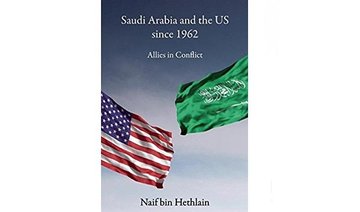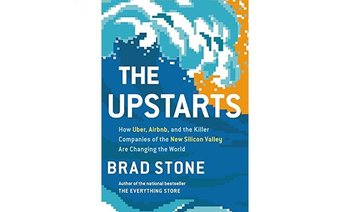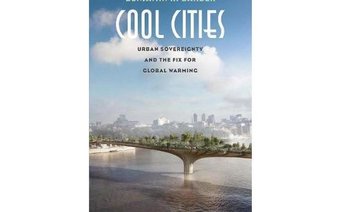“The Baghdad Eucharist” tells the heartbreaking tale of a Christian family in Iraq who must navigate through the ups and downs of life, political upheaval, religious strife and war. Sinan Antoon, a well-known novelist and translator and an award-winning poet, has written four previous novels and two collections of poetry. This novel was first published in Arabic in 2012 and was shortlisted for the International Prize for Arabic Fiction in 2013. It has now been translated by Maia Tabet, a journalist and translator.
Antoon first introduces the reader to Maha and Uncle Youssef while they are embroiled in a heated argument. Maha accuses Youssef of “living in the past” and Youssef struggles with the harsh truth as he moves forward.
Youssef is in his seventies and tends to live in the past as much of his life has passed. Maha, in her twenties, has only known war and struggle, unlike Youssef who has witnessed life before the wars and strife. He himself admits that he holds the past hostage within his house — in picture frames and mementos — so that he never forgets that there once was a time when life in Iraq was not tragic, not reduced to “car bombs, brutality and horror.”
Within the confines of Uncle Youssef’s house is the entire life of a family who has lived happily and healthily, worshipping at the Chaldean Catholic Church, supporting each other through happiness and pain. Youssef is the only remaining sibling in Iraq, much to the dismay of his brothers and sisters. Hailing from a large family, Youssef is uninterested in leaving his home, the only place that holds the memories that he cherishes so deeply. Having recently lost his older sister, Hinna, he is now inclined to continue to live in his family home, despite the fact that he only has one friend left in the world and most of his family live abroad.
Antoon’s book reveals a narrative not often visited — one of an Iraqi Christian family who are as much a part of Iraq as its palm trees. They have been devastated by Iraqi politics and war and laying their claim to Iraq has become much more difficult than it once was. They drown in words such as “infidel” and are under suspicion for being American sympathizers because of their religion. However, Youssef knows that “Iraq belongs to everyone.”
Antoon masterfully explores the opinions and perspectives of different generations in this book. The book is a moving account of a family that may now be gone but whose memories live on. Antoon’s love for Iraq is shown through his characters, their demeanor, their arguments and their insights.
His book moves through the early half of the 20th century to the invasion of Iraq in 2003 and beyond. War is ever-present, for example, Youssef first meets Maha in the basement of a supermarket as American fighter jets “pounded Baghdad so hard that the earth shook” during the Gulf War in 1991. She is an inconsolable child in her mother’s arms and Youssef walks around with his transistor radio listening to the news. Youssef manages to ease Maha’s fear but the tragedy is not over yet. War will continue throughout their lives and it is up to them to ease their own pain.
The horrors of war and dictatorship are not lost on the family. As Maha says, “all I want is to live with dignity and to be treated like a human being.”
Antoon’s story is told through photographs and memories, people and places imprinted on the fabric of time. Like the date palms that Youssef loves so much, Antoon’s characters have embedded themselves into the soil of Iraq and taken root. Their stubborn desire to live through difficult times is painful but courageous.
The story of Iraq cannot be told without tragedy and strife. It is a country that has been drowning in political turmoil for decades but its residents have lived through it and continue to do so. Even generations who have moved on, who have grown up elsewhere, remember their roots and the origin of their stories. This book tells a painful story, but it is also hopeful. Youssef’s hope for Maha, that “her wounds would heal and she would retain only what was best,” also mirrors what many Iraqis wish for their homeland.


Book Review: The powerful story of a Christian family in Iraq
Book Review: The powerful story of a Christian family in Iraq

What We Are Reading Today: ‘Thundering Waters: The Toxic Legacy of Niagara Falls’ by Christen E. Civiletto

Environmental attorney Christen Civiletto relates how the major chemical kingpins of the 20th century relentlessly and indiscriminately laid waste to Niagara Falls in her eye-opening, harrowing, intimate new book, “Thundering Waters: The Toxic Legacy of Niagara Falls.”
Expertly interweaving environmental crime, history, and memoir, “Thundering Waters” exposes the astonishing story of exploitation and ongoing abuse lurking in the shadows of one of the world’s most treasured natural wonders.
© 2026 SAUDI RESEARCH & PUBLISHING COMPANY, All Rights Reserved And subject to Terms of Use Agreement.














